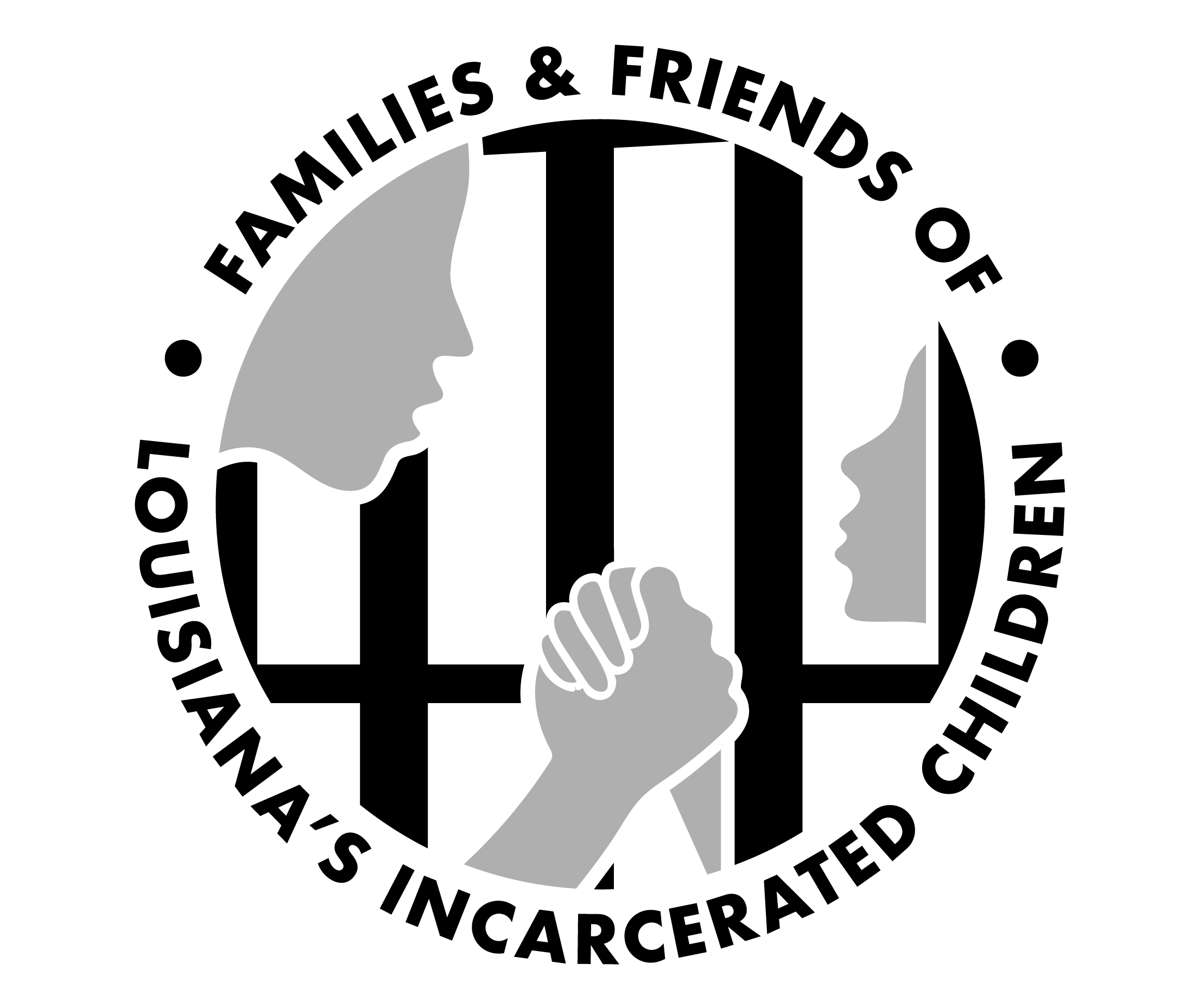There is a crime wave happening in schools across the state, but it’s not the kids who are committing the crimes. Recently, there have been multiple reports that schools are acting unlawfully by denying students entry, removing students from school without due process, and physically assaulting students with special needs. Schools are breaking the law at high rates, particularly when it comes to special education, and yet these illegal activities continue with little or no intervention from authorities. Instead, youth, who are the victims of these crimes, are punished in harsh and cruel ways that only traumatize them and reduce their ability to participate as healthy members of their communities. If we truly want safe communities, we must hold schools accountable for providing safe, nurturing and supportive spaces for youth, especially those students with disabilities.
The connection between children with disabilities and the rates of punishment is often overlooked. Children with disabilities are overrepresented in the youth incarceration system with one report estimating that as high as 50% of all children who are in detention centers in Louisiana also need special education support. These are just the children who previously have been identified as needing such accommodations, which does not count the children who have different learning needs but haven’t been able to access resources. Another report found that children of color are 78% less likely than their white peers to be identified as having learning disabilities.
In particular, Black children with learning differences are more likely to be dismissed altogether, misidentified as having emotional disturbances, or placed in restrictive environments that hold them to lower standards. Meanwhile, Black parents have shared their experiences of extreme difficulties in accessing early intervention support or advocating for their children when they are placed in the wrong programs that don’t meet their child’s needs and isolate them from their peers. All too often, schools are quick to push out children who need extra support, especially if they already experience racist, ableist, and classist biases. In a nationwide study, Black boys from low income backgrounds who receive special education were found to be suspended at rates higher than any other group. We can no longer afford to overlook the rates at which these children are pushed out of school and into more brutal and inhumane systems, simply because they need extra help.
When any child is put into an environment that does not support their intellectual, emotional, creative, and social needs, they will naturally respond. We are punishing children for behaving like kids instead of listening to what their actions are telling us about their needs. Children should be supported, inspired, and loved at schools and in communities. Instead of criminalizing children for communicating with us in the way they know how, we must invest in trainings for school officials, educators, and administrators to recognize those behaviors as signals that the school is not meeting their needs in meaningful ways. Instead of looking at the child as a perpetrator, we should look at the ways in which they are being harmed and trying to survive that harm. .
We have to invest in a safe community. We should invest in early intervention to identify learning needs, train educators to support those students with culturally responsive and trauma informed practices, and create programs that provide wrap-around services to all children and their families. Instead of continuously wasting money in systems that don’t work and that further cycles of separation and harm, we could invest in schools. The best way to create a safe community is to start with the places and systems that are supposed to protect youth instead of punishing the children who have been failed by those systems.



